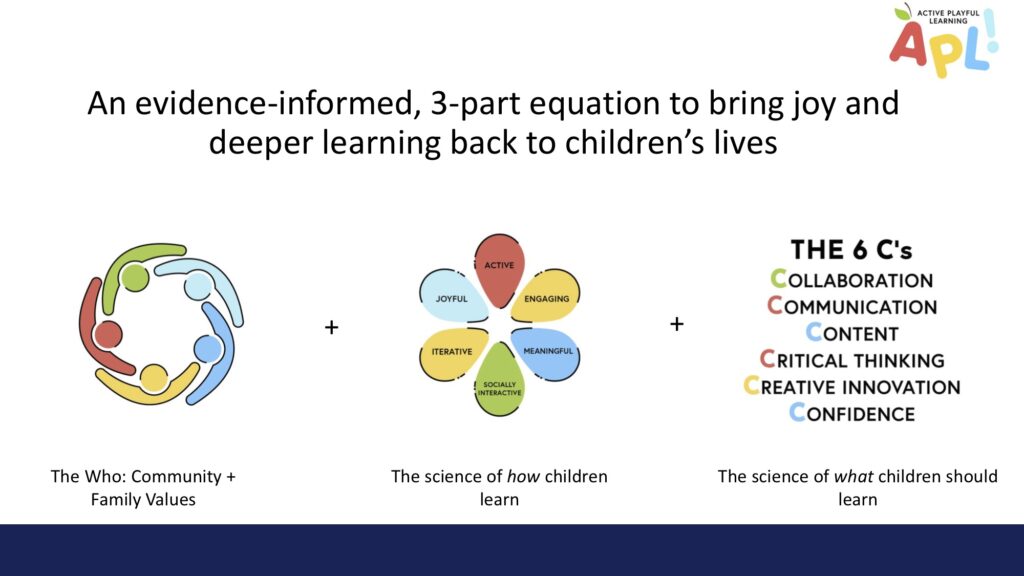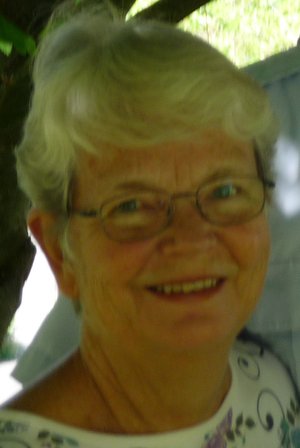
When the 2025 Oregon Legislature ended, Active Playful Learning (SB 948) stalled in the Ways and Means Committee due to a financial request in the bill. OPEN advocated for this legislation and while it was a disappointing outcome, we were glad to see Active Playful Learning on the agenda for the November 18, 2025 Senate Interim Committee on Education.
Active Playful Learning takes a pedagogical approach replace passive instruction with student engagement and active learning. Soobin Oh, Co-Director of Teaching Preschool Partners offered a local perspective of the program and Temple University’s Kathy Hirsh-Pasek explained how the programs work in other states. Oregon became the fifth state testing the program in 2025.
OPEN will continue to advocate for Active Playful Learning in Oregon schools in the upcoming session. Want to know more about Active Playful Learning? Leave a comment.
